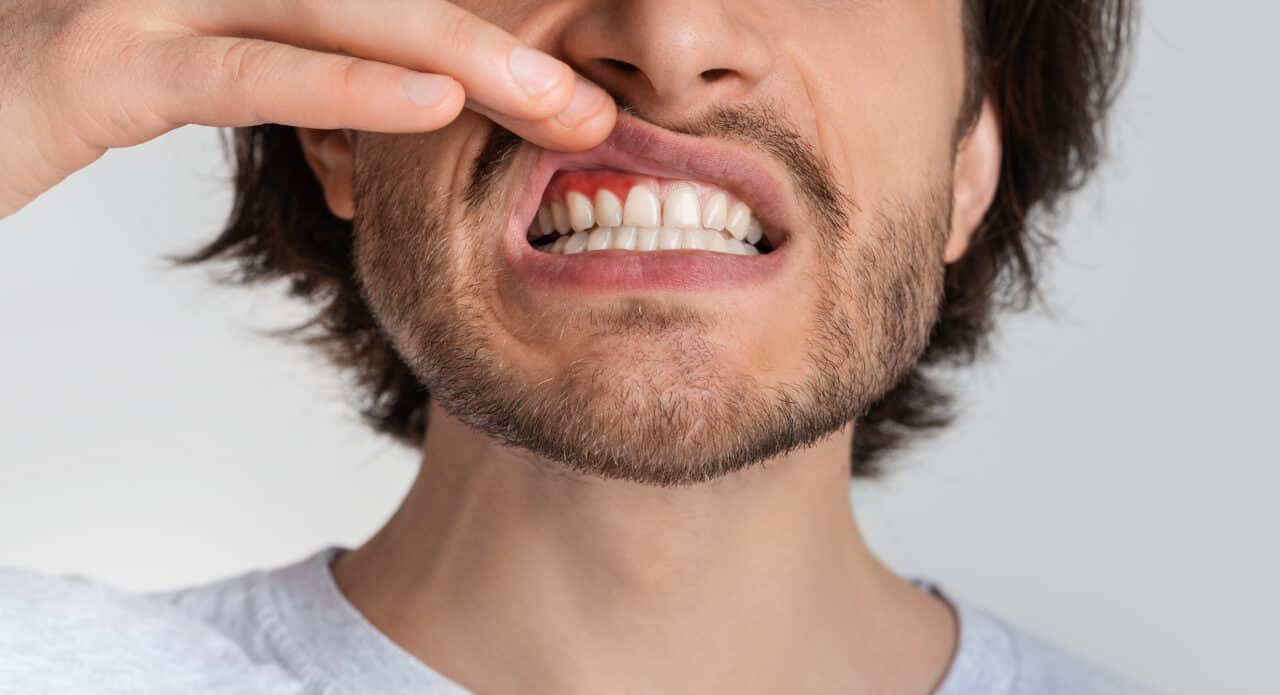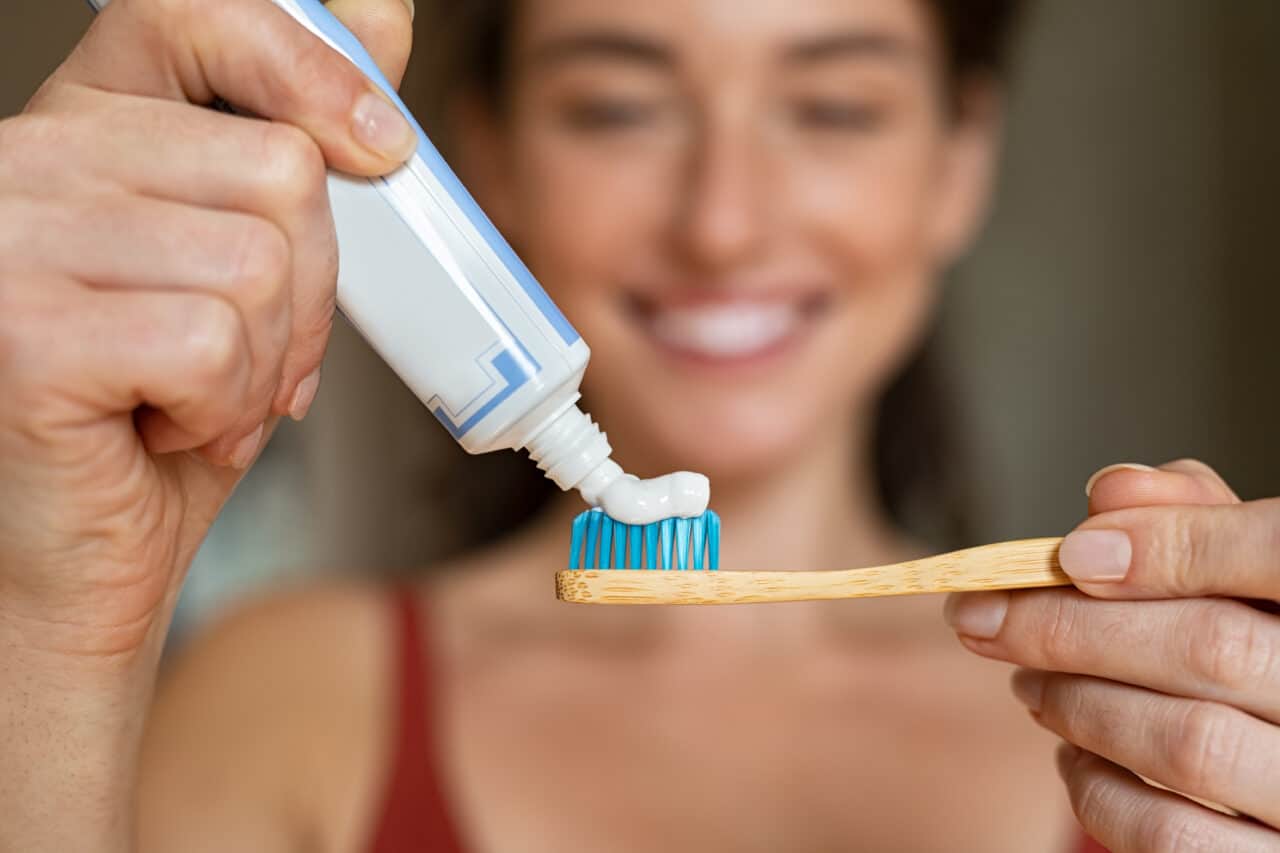Are you avoiding hot or cold drinks or sweet or sour foods because they cause tooth pain? You might have sensitive teeth. According to the National Library of Medicine, 45 million people suffer from tooth sensitivity.
Whether it’s one or several teeth, tooth sensitivity is a ubiquitous sensation inducing severe pain. It can be bothersome, especially when you don’t know the cause.
Battling sensitive teeth can turn the simple joys of eating or drinking into painful ordeals.
 What Causes Tooth Sensitivity?
What Causes Tooth Sensitivity?
The root cause of tooth sensitivity occurs when the underlying layer of your teeth (dentin) becomes exposed. This layer is typically protected by enamel (the outer covering of each tooth), cementum (which guards the tooth root under the gum line), and the gums.
Additional causes of tooth sensitivity can include:
- Gum recession
- Gum disease
- Tooth decay
- Plaque build-up
- Worn-down enamel
- Fractured teeth
- Damaged fillings
- Aggressive brushing
- Teeth grinding
- Certain tooth-whitening products or acidic mouthwash
Regardless of the cause of your sensitivity, talking to your dentist is the first step in treating it.
Excessive teeth grinding (bruxism) creates extensive damage to your mouth and jaw, wearing down your tooth enamel and leaving them vulnerable to pain and hypersensitivity.

7 Tips for Treating Tooth Sensitivity
Battling sensitive teeth can turn the simple joys of eating or drinking into painful ordeals. Fortunately, there are several treatment options for tooth sensitivity, including:
- Brush with desensitizing toothpaste. This type of toothpaste is one of the many products available to treat sensitive teeth and is most recommended. These brands have additives like potassium nitrate and stannous fluoride that protect the nerves from painful stimulation. Note: they can take several applications before becoming effective.
- Use a soft-bristled toothbrush. While medium-bristled toothbrushes ensure toothpaste lathers better, soft-bristle brushes are better for oral health, especially if you have sensitive teeth, because they make it gentler on your teeth and gums, making cleaning easier.
- Use a straw. Sometimes, a sip of a cold beverage can shock your teeth. Using a straw directs liquids straight to the tongue rather than the teeth.
- Rinse with saltwater. Saltwater alleviates oral pain from mouth sores, tooth damage, and sensitivity. For best results, combine eight ounces of warm water with one teaspoon of salt water, gargle, and swish around your mouth for 30 seconds, then expel and repeat until the mixture vanishes.
- Consider using a mouthguard at night. Excessive teeth grinding (bruxism) creates extensive damage to your mouth and jaw, wearing down your tooth enamel and leaving them vulnerable to pain and hypersensitivity. Talk to your dentist about getting a custom-made mouthguard.
- Avoid acidic beverages and foods. Coffee, energy drinks, sodas, pickled foods, and citrus fruits are all responsible for wearing down the enamel on your teeth, which leads to sensitivity. While we’re not suggesting you remove these from your diet entirely, be mindful of how much you consume.
- Talk to your dentist about dental varnishes and coatings. Varnishes are a topical fluoride, and coatings (dental sealants) cover the grooves on the chewing surface of the back teeth, both of which help prevent tooth decay. They offer additional protection to your mouth, relieving sensitivity symptoms and preventing future problems.
Proper oral hygiene reduces the likelihood that you’ll have sensitive teeth. However, if you notice symptoms, mention them at your next dental appointment.

Say Goodbye to Your Sensitive Teeth at Asheville Dental
We understand tooth sensitivity can impact your quality of life. As soon as you notice mouth pain, let’s address it. It’s your body’s way of letting you know something isn’t as it should be.
If you have questions or concerns about tooth sensitivity or dental matters, contact us today! The Asheville Dental team wants you to be healthy and happy and your smile stunning!




